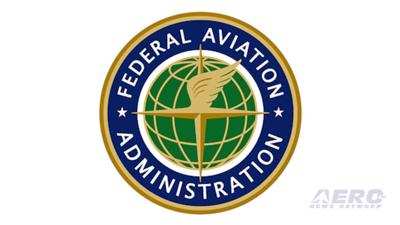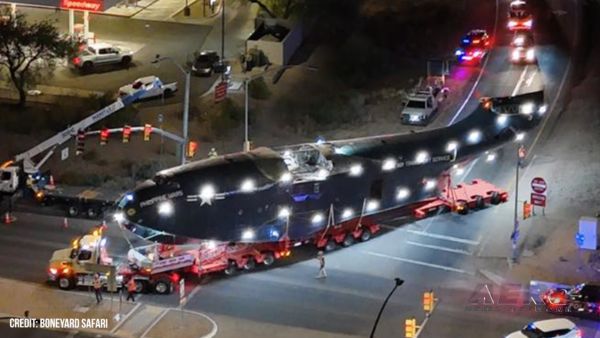Nolen’s Day Dawns?
Contemporaneously faced with an unprecedented and worrying paroxysm of runway incursions and a fast-approaching summer travel season, the Federal Aviation Administration has resolved to improve U.S. domestic aviation safety.

Acting FAA Administrator Billy Nolen has set forth that the larger aviation industry must work to address safety concerns following no fewer than six serious runway incursions transpired at U.S. airports since the beginning of 2023. Among the most egregious of the aforementioned occurrences were the 13 January near-collision of an American Airlines 777-200 and a Delta 737-900 at New York’s John F. Kennedy Airport (JFK), and the 04 February near-collision of a FedEx 767 and a Southwest Airlines 737 at Austin-Bergstrom (AUS)—both of which have been likened to the infamous 1977 Tenerife Disaster, history’s deadliest aviation mishap.
At a 28 March industry meeting in Baltimore, Maryland, Mr. Nolen alluded to post-COVID pressures on America’s National Airspace System (NAS) and Airports, stating: "Going forward, zero has to be the only acceptable number for serious incidents and close calls. Air travel is coming back in a big way since the pandemic. But the long layoff, coupled with the increased technical nature of our systems, might have caused some professionals to lose some of that muscle memory."
The global aviation industry—to include U.S. TRACONs and ARTCCs—has contended with post-COVID staff shortages resultant, primarily, of reactionary legislation and short-sighted layoffs. The National Air Traffic Controllers Association has confirmed that intense recruitment drives have failed to keep pace with current demand for new controllers, and that the nation’s extant cadre of ATC specialists numbers some 1,200 fewer than it did a decade ago.
Tim Arel, CEO of the Air Traffic Organization stated: "There is no question that we are seeing too many close calls." The Air Traffic Organization (ATO) is the operational division of the Federal Aviation Administration and the U.S.’s primary air navigation service provider. Mr. Arel further stated that the FAA is taking steps to improve its air traffic control operations. The agency, in the near-term, has issued a safety alert to airlines citing the "need for continued vigilance and attention to mitigation of safety risks."
In a bid to ease congestion throughout the coming summer, the FAA intends to temporarily reduce the minimum flight requirements (number of) for airlines to maintain take-off and landing slots at busy airports. The provision includes airports such as Ronald Reagan Washington National Airport (DCA), where a deal struck with United Airlines and Delta Air Lines calls for the air-carriers to temporarily relinquish up to ten-percent of the DCA slots each currently holds.
An upcoming industry meeting will focus on the air traffic control issues faced specifically in the New York City-area.

The withdrawal of Biden nominee Phil Washington from contention for the FAA Administrator position is the first indication the Agency may yet recover from a series of setbacks and humiliations dating back to 2019’s 737 MAX issues. Washington’s departure raises the appealing possibility that Acting Administrator Nolen will be appointed permanently to the position. Nolen’s qualifications are myriad, established, and unimpeachable.
Although the FAA has recognized the issues with which it and the U.S. aviation sector are faced and has asserted its desire for "zero close calls," the matter of 21st Century aviation safety is a complex one requiring a unified and cooperative effort be put forth by all stakeholders—to include the FAA, airlines, airports, and aircraft manufacturers.
 ANN's Daily Aero-Term (05.18.25): Flight Recorder
ANN's Daily Aero-Term (05.18.25): Flight Recorder Aero-News: Quote of the Day (05.18.25)
Aero-News: Quote of the Day (05.18.25) Classic Aero-TV: ELA Aviation Sports New Vertical Takeoff Gyroplane
Classic Aero-TV: ELA Aviation Sports New Vertical Takeoff Gyroplane Airborne 05.19.25: Kolb v Tornados, Philippine Mars, Blackhawk Antler Theft
Airborne 05.19.25: Kolb v Tornados, Philippine Mars, Blackhawk Antler Theft Klyde Morris (05.16.25)
Klyde Morris (05.16.25)




